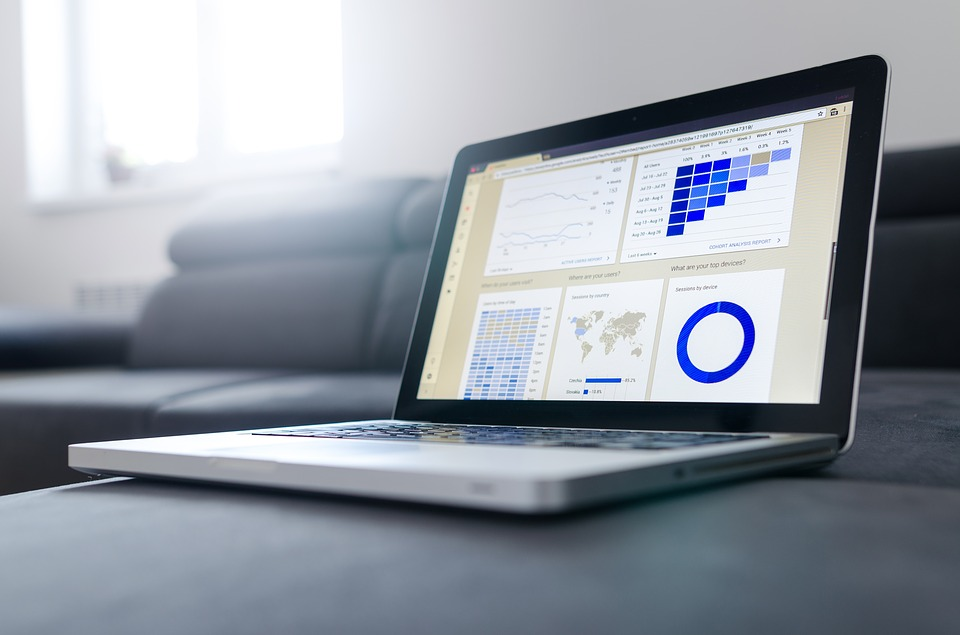In response to a rapidly changing digital assets ecosystem, the American Institute of CPAs (AICPA) has issued nonauthoritative guidance in the form of a Practice Aid on how to account for digital assets. It is based on professional literature and experience from members of the Digital Assets Working Group and is specific to U.S. generally accepted accounting principles (GAAP).
“This nonauthoritative guidance will be updated with additional content regularly, as topics are finalized, and posted to aicpa.org,” said Diana Krupica, CPA, AICPA Emerging Assurance Technology Lead Manager. “Content related to auditing of digital assets is expected to be added to the Practice Aid in early 2020.”
Digital assets are defined broadly as digital records, made using cryptography for verification and security purposes, on a distributed ledger. The Digital Assets Working Group is made up of two subgroups, one focusing on accounting the other on auditing topics. Each subgroup created a list of issues and prioritized those most relevant or critical for financial statement preparers, auditors, regulators and those with a fundamental knowledge of blockchain technology.
The Financial Reporting Executive Committee (FinREC), reviewed the contents of the Practice Aid that covers six key areas:
- Classification and Measurement When an Entity Purchases Crypto Assets
- Recognition and Initial Measurement When an Entity Receives Digital Assets that are Classified as Indefinite-Lived Intangible Assets
- Accounting for Digital Assets Classified as Indefinite-Lived Intangible Assets
- Measurement of Cost Basis of Digital Assets that are Classified as Indefinite-Lived Intangible Assets
- Derecognition of Digital Asset Holdings that are Classified as Indefinite-Lived Intangible Assets
- Recognition of Digital Assets When an Entity Uses a Third-Party Hosted Wallet Service
“This represents a great first step in addressing some of the most frequent accounting questions that people have been asking,” said Matthew Schell, CPA, CFA, Partner, Crowe LLP, AICPA Digital Assets Working Group Co-Chair. “While we haven’t solved everything, we are making progress in providing needed guidance.”
Digital assets and the associated underlying technology are an evolving area and may change accordingly. Questions, examples, challenges, risks, considerations, and potential procedures listed in the Practice Aid should not be considered exhaustive. Preparers, auditors, and those charged with governance need to stay abreast of developments and consider the implications of those developments.
The AICPA will host a webcast Accounting for Digital Assets under U.S. GAAP, on December 19, from 1 pm to 2 pm ET. It is designed to provide CPAs with an understanding of how to account for investments in, or transactions involving, crypto assets and other digital assets under U.S. GAAP.
The AICPA formed the Digital Assets Working Group (the working group), a joint working group under the Financial Reporting Executive Committee and the Assurance Services Executive Committee, with the objective of developing nonauthoritative guidance for financial statement preparers and auditors on how to account for and audit digital assets under U.S. generally accepted accounting principles (GAAP) and generally accepted auditing standards (GAAS), respectively. The working group is split into two subgroups, one focusing on accounting topics and one focusing on auditing topics.
Thanks for reading CPA Practice Advisor!
Subscribe Already registered? Log In
Need more information? Read the FAQs
Tags: Digital Currency




